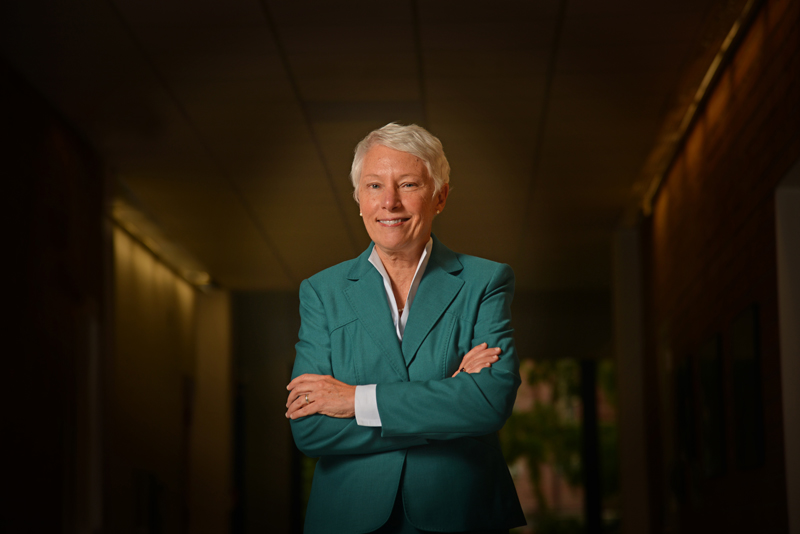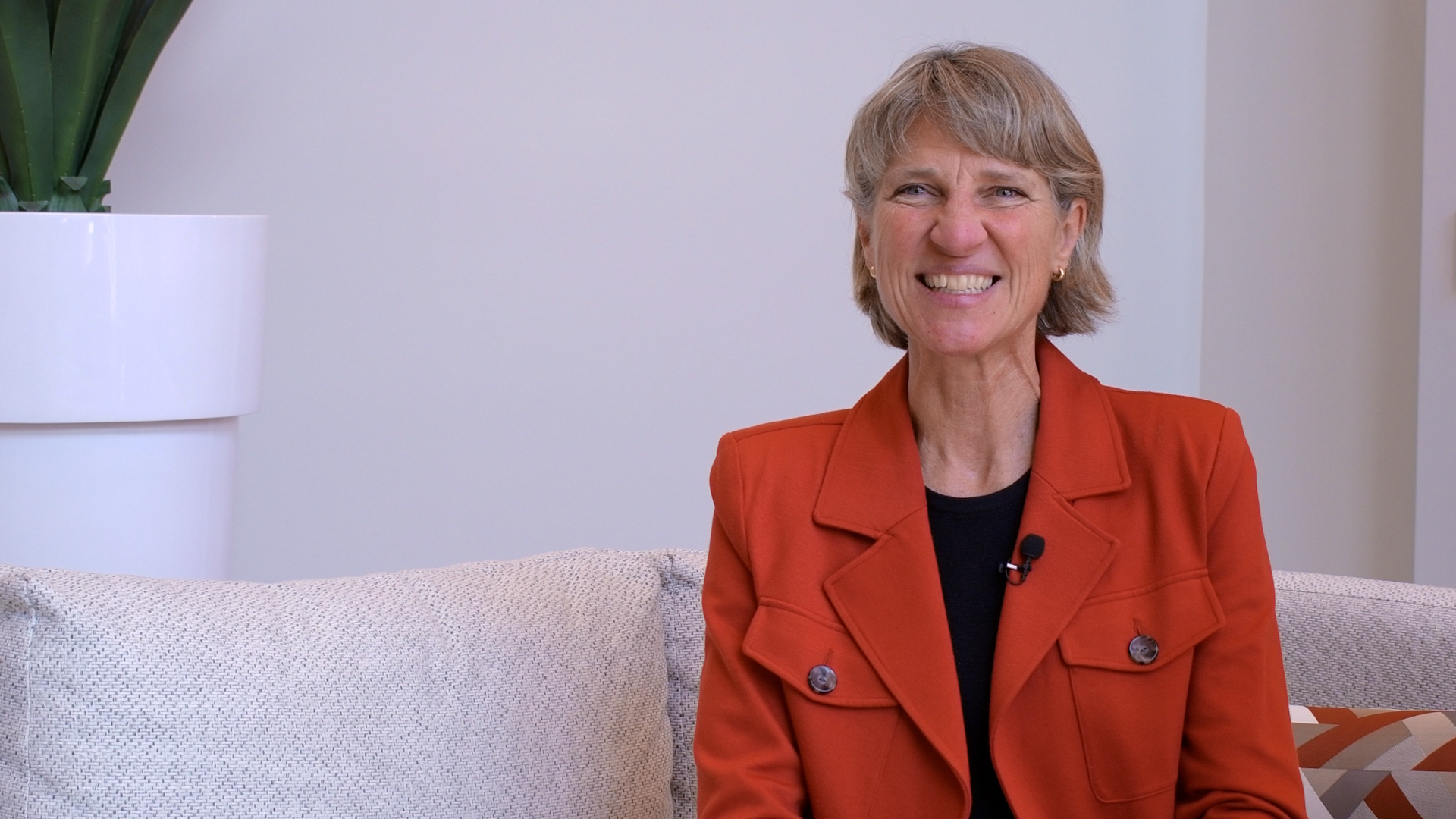Spotlight on Dean Mary Ann Danowitz

Today, Dean Mary Ann Danowitz moves from interim to permanent dean of the College of Education. Part of the university faculty since 2012, she will play an integral role in the college’s efforts to shape North Carolina’s educational future.
We caught up with Danowitz to get her thoughts on her new role and what the college means to teachers and students throughout the state.
What does it mean to you to be named dean of the College of Education and to serve as a leader to so many students, faculty and staff?
I am honored to have been named the sixth dean of the College of Education. The college has a great legacy of exceptional, groundbreaking leadership and outstanding contributions to the state and the nation over our 89-year history. Serving as a leader to our students, faculty and staff means being entrusted with their well-being, earning their trust and providing a clear vision to ensure that we realize our full potential to improve education for all.
Being dean also means modeling and ensuring the highest standards of integrity, scholarship and a commitment to do all that we can for the public good.
I think of the college as a community and family that must acknowledge and embrace our intellectual, racial, ethnic, social and economic, sexual orientation, gender identity, and religious diversity. We must do this in order to creatively work together to successfully address the challenges of education in our state, nation and world.
What have you learned so far from your experience in the College of Education, and how has this prepared you for your new role?
Working with colleagues across the college, I have gained tremendous admiration for their outstanding capacities in research and teaching, hard work and dedication to students, and commitment to our professional peers in schools, community colleges and universities. Working with Provost Arden, I have learned the confidence and commitment that he and Chancellor Woodson have in our college and of their commitment to strengthening education in North Carolina. Working with my dean colleagues across NC State’s 10 colleges, I have come to see the possibility of building on existing collaborative partnerships to tackle some of today’s most pressing educational issues.
How does the College of Education prepare students at all levels to become educational leaders and innovators?
We combine the resources of a large research university with the focus of a small college to give students the opportunity to learn by doing. We embrace small classes, cohesive student cohorts and applied research that drive 21st-century classroom innovation.
The college also equips graduate and undergraduate students with new technologies that allow them to become leaders in the constant evolution of the education field, whether they choose to become teachers, professors, counselors or administrators. Our experiential education not only gives students the personalized attention they need to succeed, it also helps them live out NC State’s “Think and Do” mission by getting hands-on experience.
What are some of the most pressing educational issues facing North Carolina, and what role will the College of Education play in solving those issues?
One of the biggest issues is improving educational success across all groups and closing achievement gaps. One in four children in North Carolina lives in poverty, and these students are more likely to attend underperforming schools. We are preparing excellent teachers who can ensure classroom equity and serve as leaders advocating for improved educational quality across the board.
We’re doing this by being the voice of innovation for learning across the lifespan. Our teachers, students and graduates are leveraging digital education, promoting STEM and literacy education, and forging strong collaborative relationships with university and external partners to help students achieve. One of our current initiatives is the design of an MAT program that prepares teachers to increase academic achievement of underserved students through digital resources. Another is helping students from high-poverty rural areas move from high school to community college, and then to a university setting, with the hopes they will return to their communities as excellent teachers.
We put our research into practice, reflecting the College of Education’s integrity, quest for social justice and value for diversity that are necessary to leading the charge for educational solutions.
What is your vision for the future of the College of Education?
I envision a future where the College of Education leads the way in North Carolina in increasing opportunities for success in education and closing achievement gaps. The education we offer here already helps to achieve this vision, and our graduates are increasing life opportunities for North Carolinians and changing the state through innovation in the way we teach and learn.
Learn more about the College of Education and our national leadership in educational research, teacher preparation and professional development.
- Categories:


